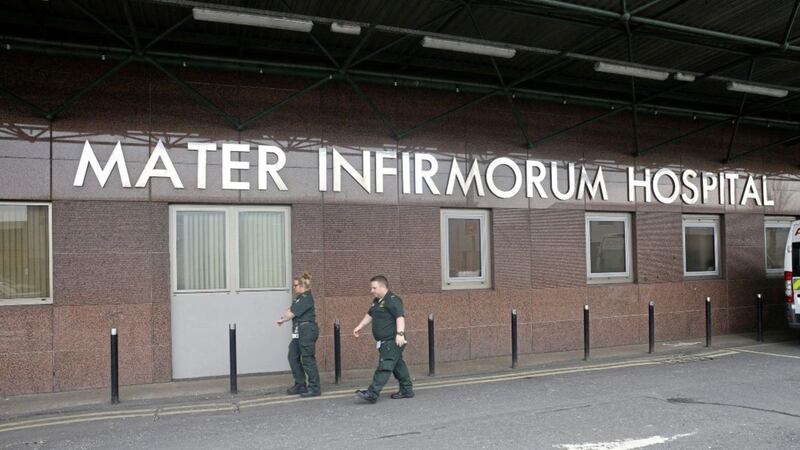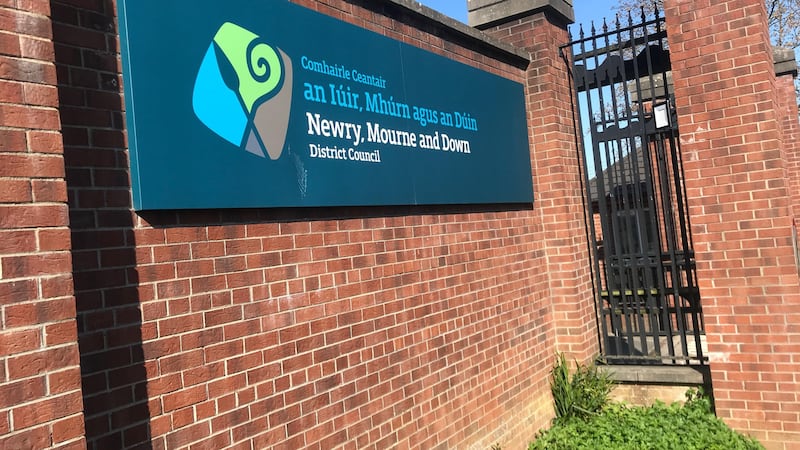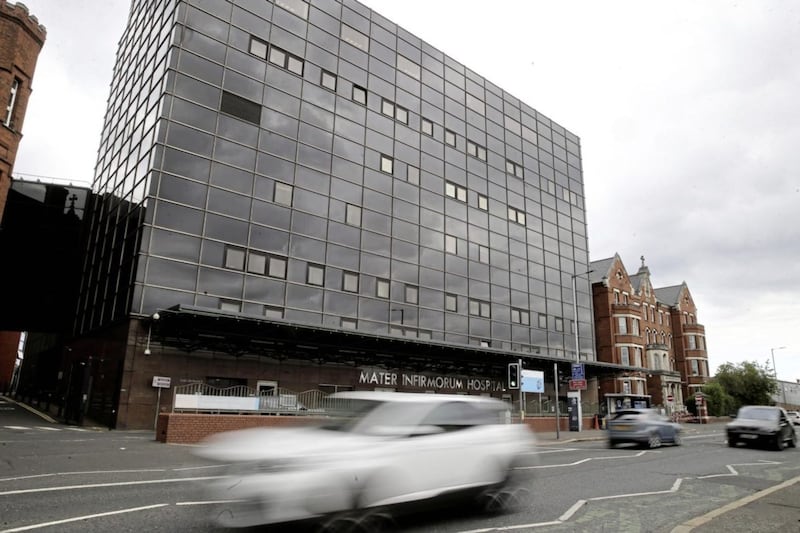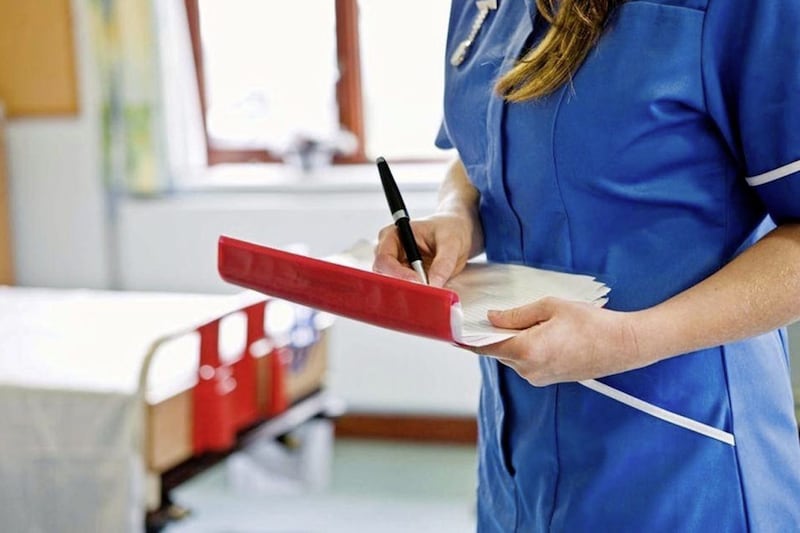THE Mater Hospital's A&E department will this morning close its doors to walk-in patients as it becomes the 'Covid hub' for Belfast patients.
Ambulances transporting those with severe respiratory illnesses and who require a hospital bed will be diverted to the north Belfast site.
Experienced doctors and nurses across the Belfast trust will be redeployed to the Mater to support the "anticipated higher level of activity" - with a surge in coronavirus cases expected across Northern Ireland within the next two to three weeks.
Patients needing A&E care in the city must now all go to the Royal Victoria Hospital's casualty unit.
The Irish News has learned that the number of people turning up to A&E departments across the north has plummeted over the past fortnight - with delays of just 12 minutes in some hospitals compared with 12 hours a few months ago.
Coronavirus: Black taxis to withdraw in west Belfast
Dr Eoghan Ferrie, a leading A&E consultant in the Belfast trust, described the dramatic drop in attendances as a "godsend" as it had let them plan and "scale up" for the crisis.
More than 50,000 patients attended the Mater's casualty last year.
"It's really strange, it's not often a thing of this magnitude has led us to plan for what's ahead. But with fewer patients presenting over the past week or two, it has gifted us time," he said.
Dr Ferrie said he was "really amazed" by the "whole coming together of healthcare community" to tackle the virus.
Read More: PSNI expects to lose half of all officers to Covid-19 self isolation
"Everyone has been so caught up in working towards fighting this, there's almost been a buzz about the place - but sitting alongside an anxiety," he said.
"We all have families we are anxious about as well as our patients and our colleagues. There is also the anxiety about the unknown. We can anticipate what might happen but we don't really know."
It is not clear how many beds will be provided in the Mater for Covid-19 patients due to the nature of its treatment and the need for isolation.
There are usually 90 inpatient beds at the site.
However, Dr Ferrie explained that in some instances a 30-bed ward could be reduced to become a 20-bed unit due to "capacity" issues, such as when a seriously ill patient requires ICU care and more expert staff.
The medic, who works across the emergency sites at the RVH and Mater, said he also welcomed plans to increase Covid-19 testing of staff so that staff currently self-isolating could return to work.
"From this week there will be a much needed step-up in terms of Covid testing in the trust and that should allow us to be able us to extend testing beyond patients to staff in order to get them released back to duty," Dr Ferrie told The Irish News.
"There are a number of staff currently self-isolating and it is impacting on some rotas but not to the extent where rotas are vulnerable. Everybody is going the extra mile at the moment to support staff."
Fears about the lack of protective clothing and masks have also been raised across the health and social care service.
Dr Ferrie said that while they haven't "run into any major issues at the moment", adequate equipment would be needed for the weeks ahead.
With an anticipated lockdown of the north expected, the medic appealed to people to "heed the public health advice" to protect themselves, their families, patients and frontline workers.








